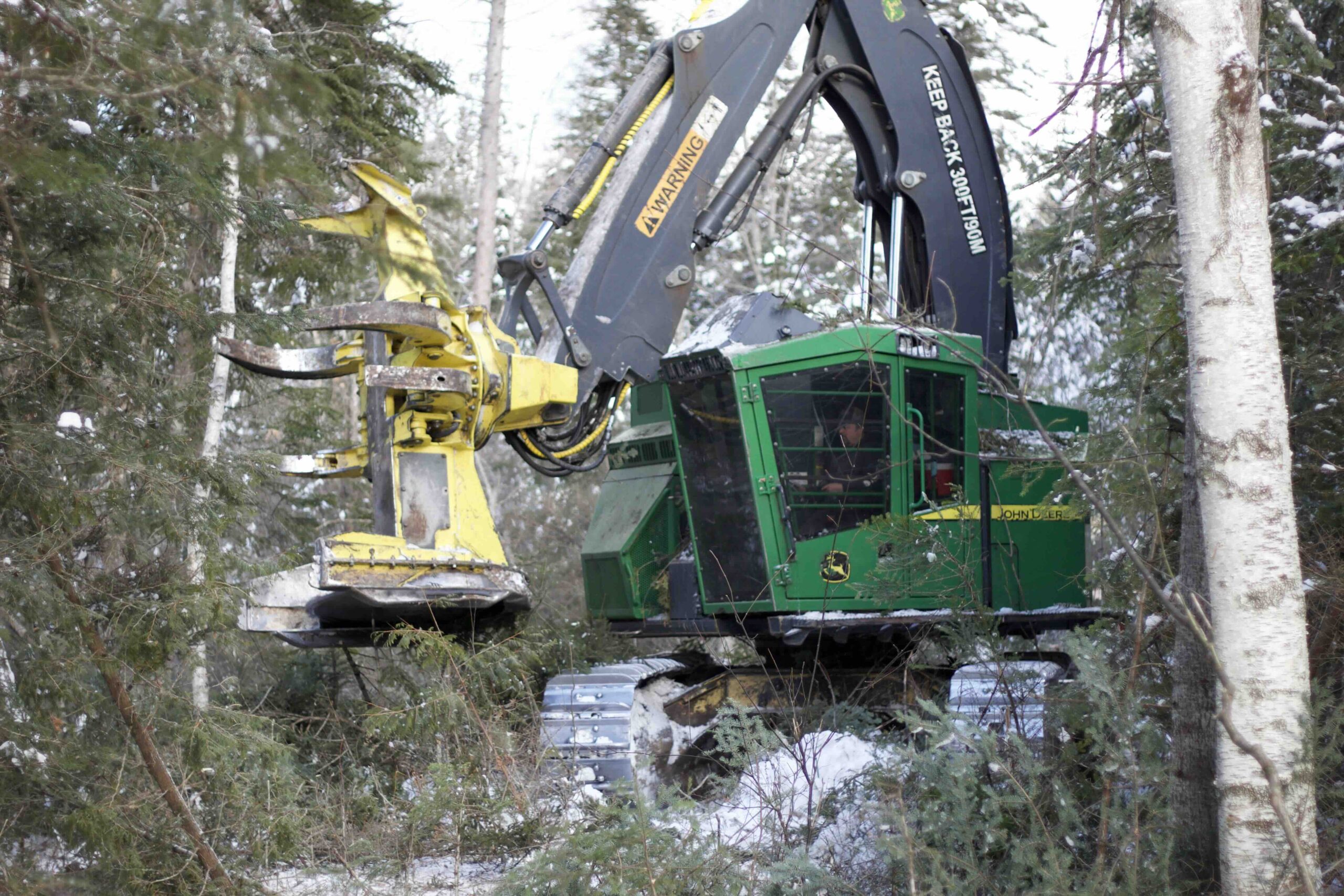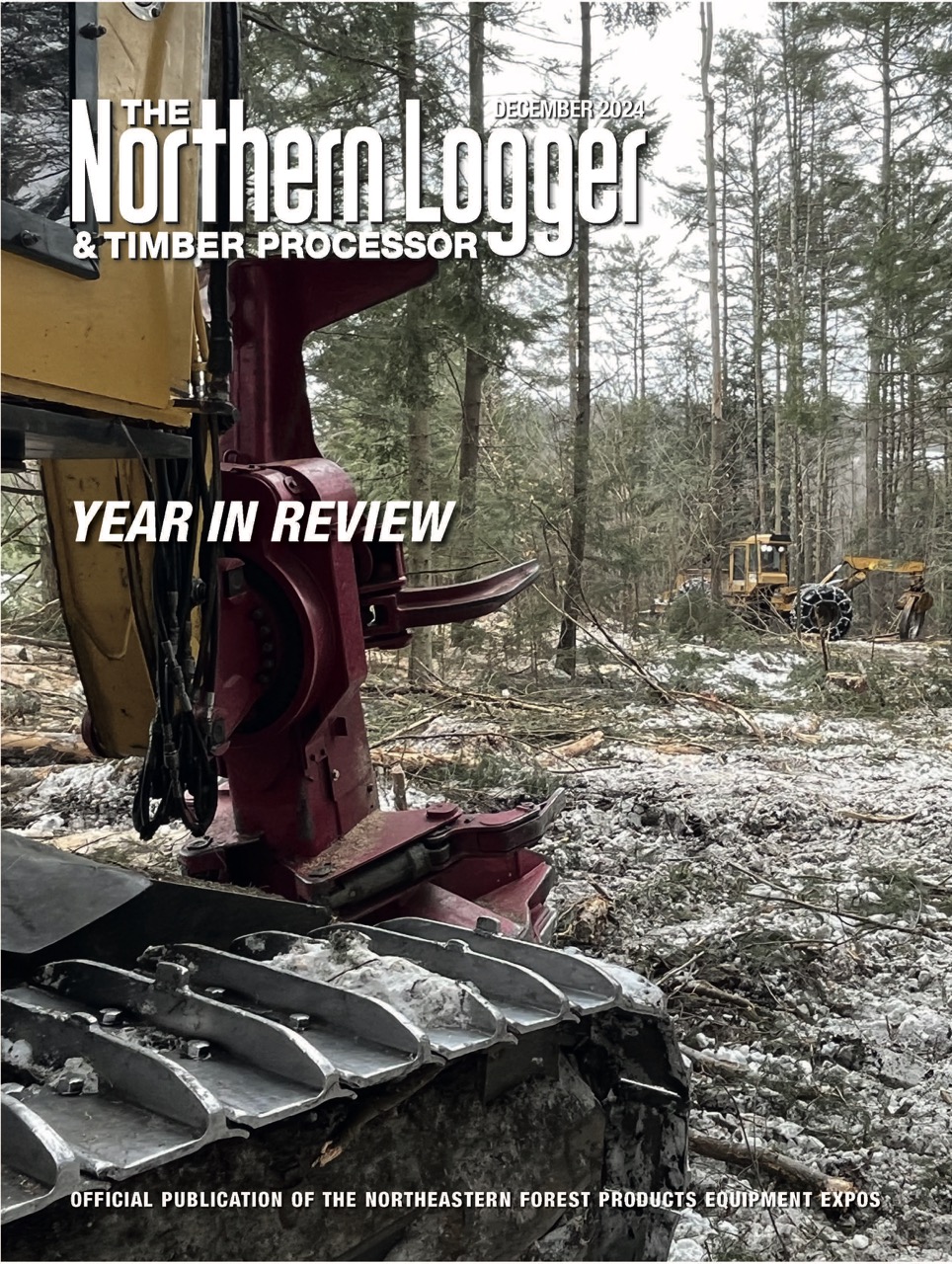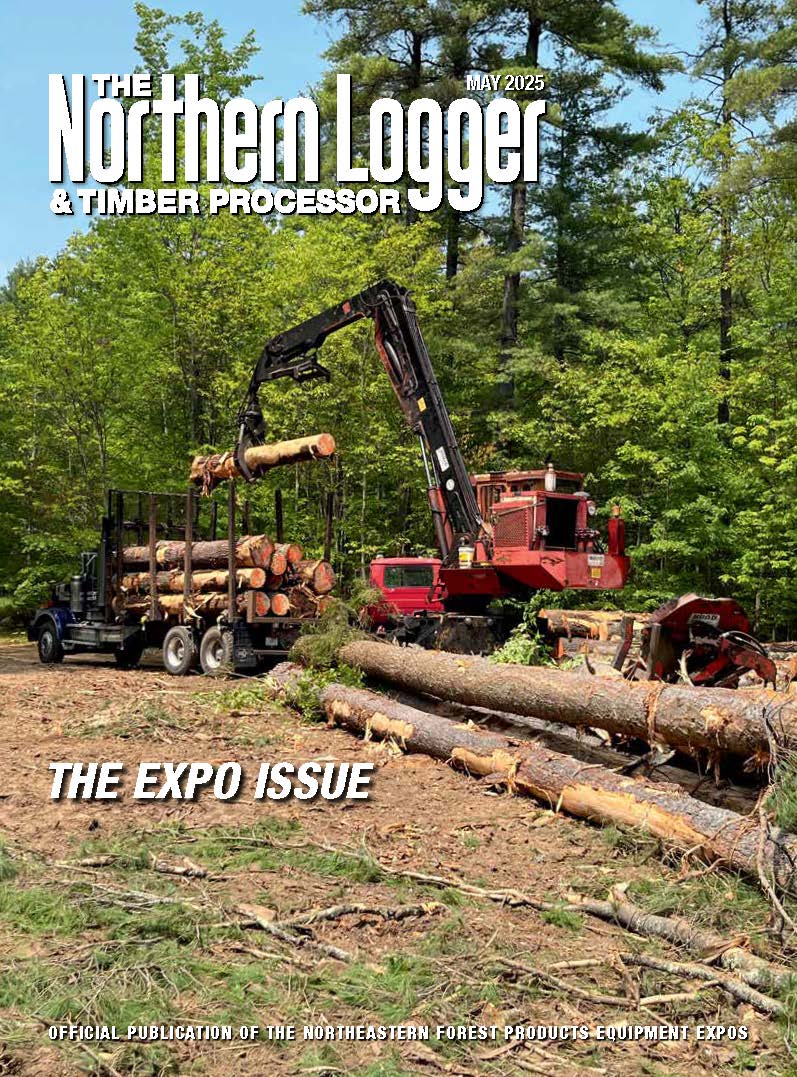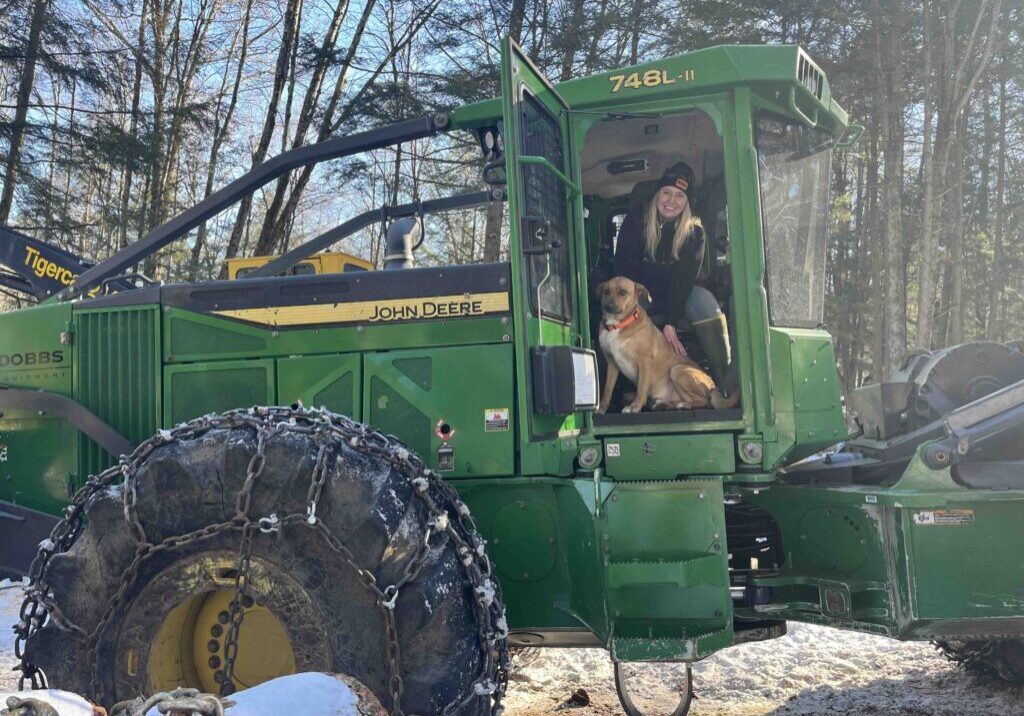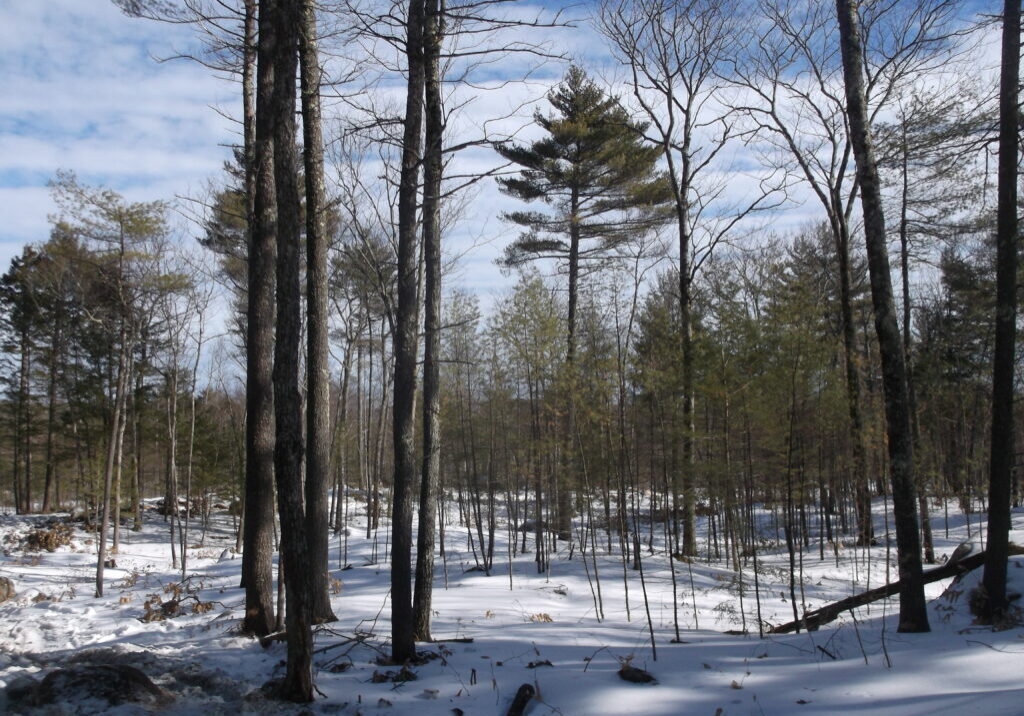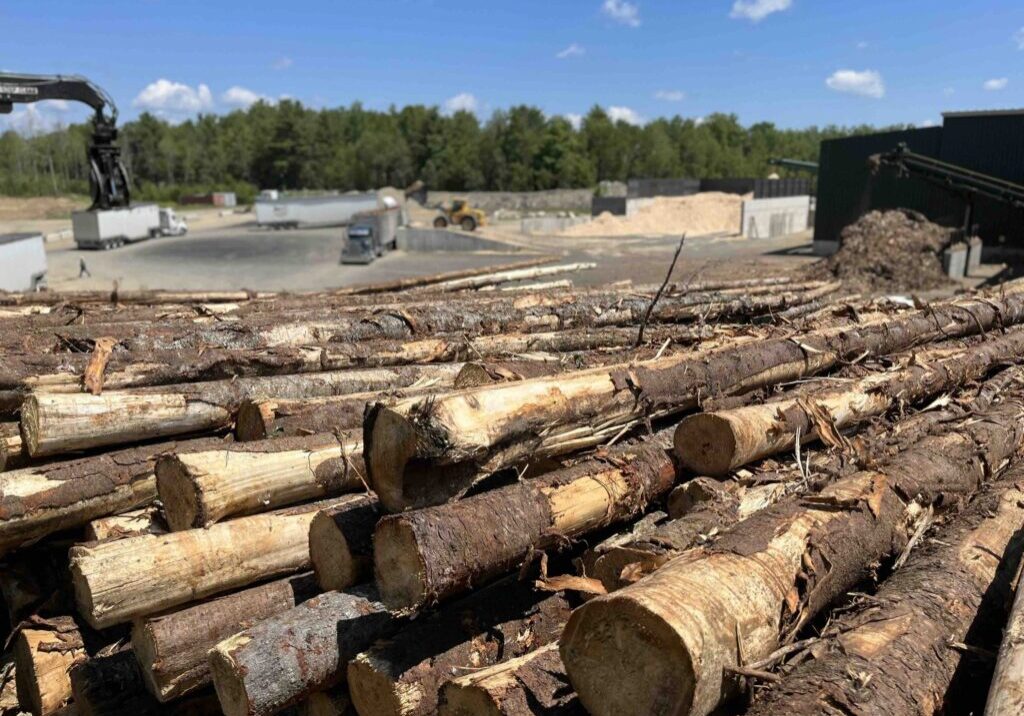Bringing you the latest industry News
The Northern Logger and Timber Processor is the only monthly trade publication edited exclusively for loggers, sawmillers, timberland managers and processors of primary forest products in the Northeastern and Lake States region. The magazine’s circulation is largely contained within the region from Maine to Minnesota in the north and Missouri to Maryland in the south.
Whether you’re already a subscriber or are just learning about The Northern Logger and Timber Processor, please take a few minutes to look around and share your thoughts with us. If you’re not already a subscriber, we hope this web space gives you a reason to try us out.
We pack a lot of useful and interesting information into every issue – information specifically geared toward thousands of our region’s forest industry professionals. Sign up for a subscription and see what you’ve been missing.
Sample Articles
Check out articles from previous issues of Northern Logger and Timber Processor Magazine.

